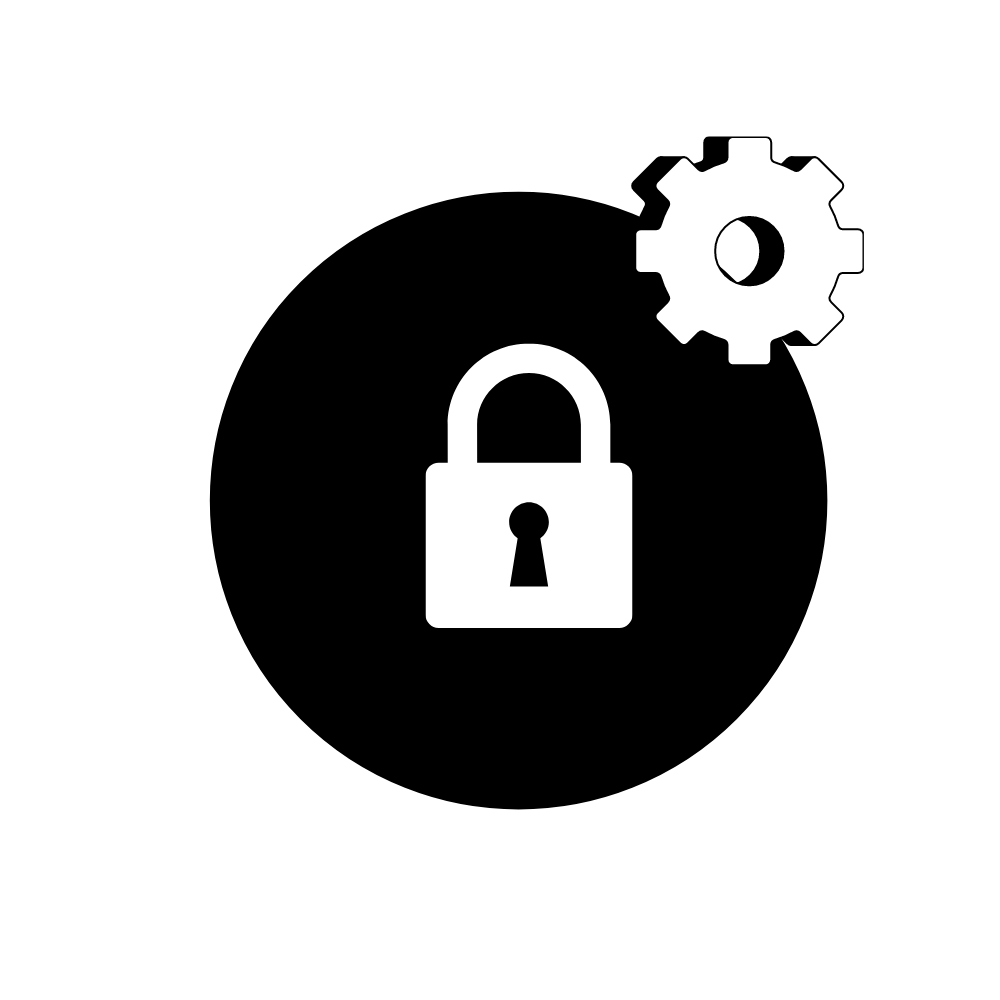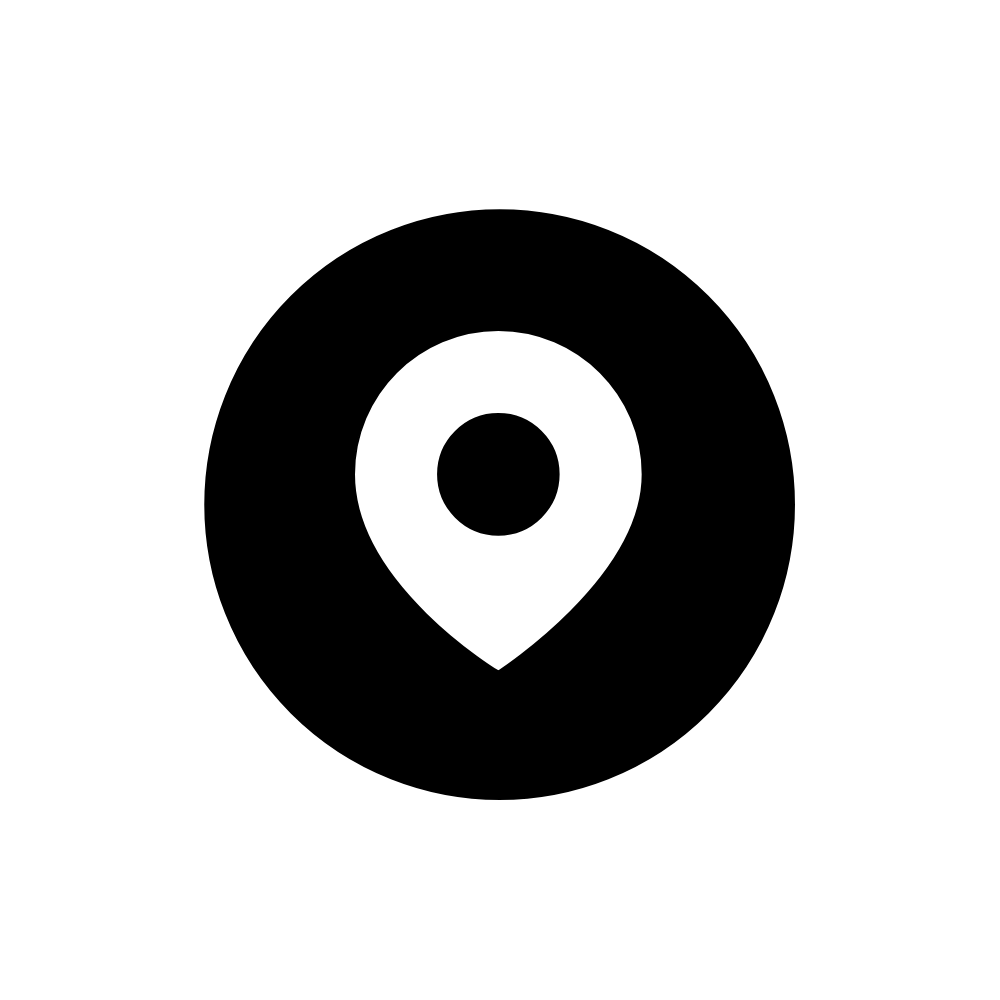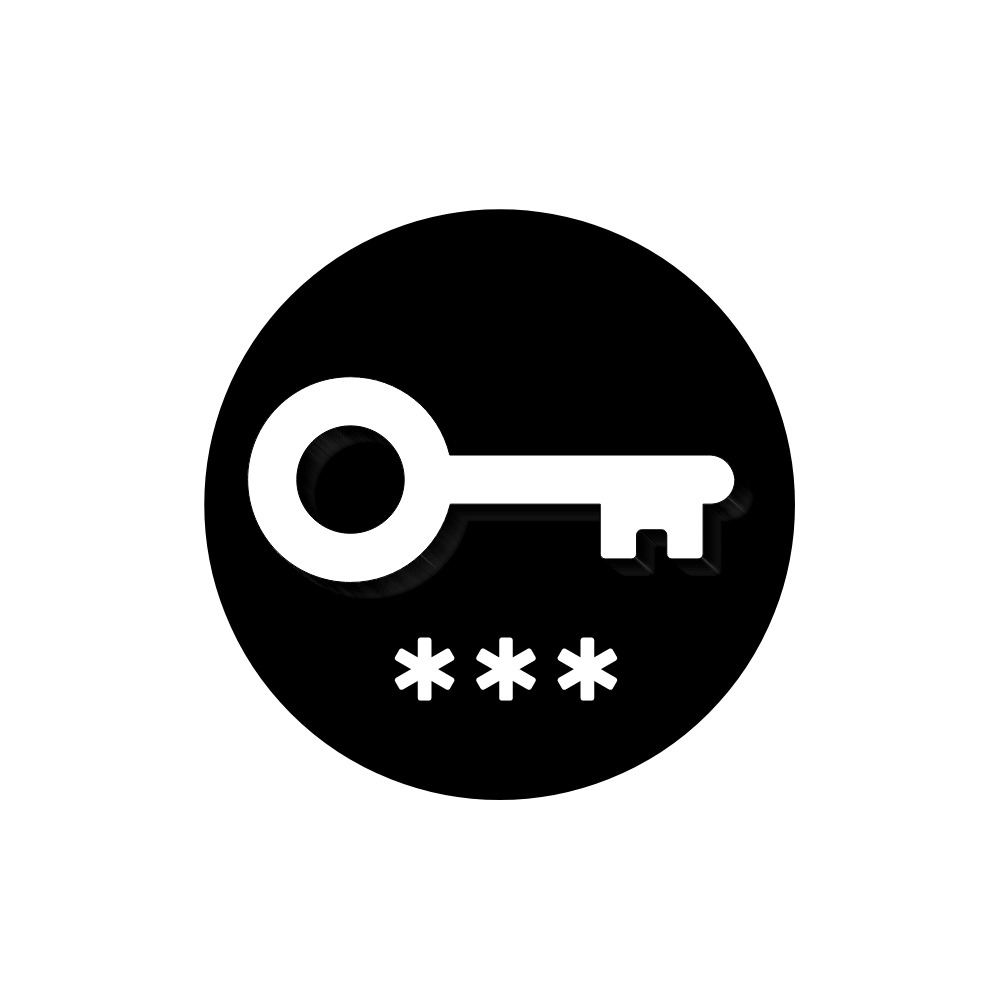This website uses cookies to improve user experience.
Read more: Terms and conditions
Social Media as a News Source
We spend a lot of time on social media either sharing personal information, communicating with friends, or reading the news. But do you ever think about why we sometimes only see certain kinds of posts in our news feed?
Learn how Facebook, Instagram and other popular social media platforms work in the video below.
Personalized Algorithms and Filter Bubbles
Social media aims to keep you on the platform as long as possible, so they want to be sure you are seeing only the things you want to see and not what you don’t. Meta, which owns Facebook and Instagram, and Google, which owns YouTube, have mastered the art of showing you just what you want to see based on past browsing or viewing habits. For example, if you have googled climate change, your newsfeed might become full of posts, articles, and videos from environmental organizations, as well as advertisements related to this topic.
Everything that contradicts your beliefs is filtered out, placing you in a filter bubble. This term was coined by internet activist Eli Pariser. He even wrote a book about this phenomenon: The Filter Bubble: What the Internet Is Hiding from You.
Being inside a filter bubble means that you are in intellectual isolation, which seems surprising when you are thinking about the internet.
It’s not completely clear to what extent divisive content on social media translates to more polarized societies in the real world, but social media and search engines can isolate you from online content that contains alternative views or different information. As a result, this can limit your awareness about the diversity of opinions and perspectives on events, trends, and problems that are happening in the world around you.
In his book, Eli Pariser says, “Democracy requires citizens to see things from one another’s point of view, but instead, we’re more and more enclosed in our own bubbles. Democracy requires a reliance on shared facts; instead, we’re being offered parallel but separate universes.“
Because of filter bubbles, you may start to think that almost everyone thinks the way you do. This is rarely the case. You are likely just shielded from other points of view because they’re outside of your filter bubble. Over time, this can lead to greater political polarization of society, and to people having more extreme political views.
Inside the Filter Bubble
This interactive tool shows how social media feeds look for people in different filter bubbles, including vastly different news stories, hashtags, and group suggestions. Play around with it a little bit and see how the feed looks like for a woman vs. a man, a millennial vs. someone from the boomer generation, or a Democratic, liberal voter in the US vs a Republican, conservative voter. What you will see is not fictional but created from actual user data gathered by the media outlet, The Markup.
Who Creates Popular Content on Social Media?
Social media is a great way to bring people together and build a network between followers and content creators. The most popular creators often use their popularity to make money by promoting brands, lifestyles, and products. But can you always trust glowing posts about a new make-up brand or a video game? We asked two influencers about their experience in content creation.
Data Protection and Safety Online
The internet is never going to be 100% safe. While this is very unfortunate, there are steps we can take to reduce our vulnerability online.
Privacy Settings

Go to the settings of all the social media platforms you use and take some time to go through the sections on privacy. Who can see your birthday? The city you live in? Your photos? Is it just your friends, or anyone? Should all of them be able to? Also, revise the data that you have allowed social media apps to gather on you. Do you want them to be able to use facial recognition tools that would allow them to identify your face in photos, for example? If not, it is important to opt out of this.
Social media companies rely on your personal data to target content and advertisements, but there is a thin line between how much information they protect and how much they share with others. For example, in 2019 TikTok was fined millions for collecting names, email addresses, and locations of kids under the age of 13. A 2021 change to the privacy policy allowed the app to also collect “biometric identifiers and biometric information” from its users, including faceprints and voiceprints.
Facebook and Instagram are also able to scan photos that users upload for advertising opportunities (for example, if there is a Kentucky Fried Chicken bag in your photo, you might receive targeted ads the next time you log in). Recently, Facebook decided to stop their facial recognition program and announced they will delete the face scan data they collected on millions of users. But there’s still plenty of other data they gather, so check the settings on the app and evaluate what you want to share.
The General Data Protection Regulation (GDPR) is an important European Union regulation that came into force in 2018, with the aim of allowing internet users to control their own data. This regulation makes it mandatory that websites make it very clear what data they collect and how it will be used, or face large fines. Google was among the first companies to receive a fine (50 million EUR) after they used consumer data for personalized advertising without consent. The regulation also provides for the “right to be forgotten”- meaning that a user can request that their personal data is erased from internet searches.
Public Wi-Fi

Openly available Wi-Fi is not secure. Joining an unsecured network leaves you vulnerable because the information you send and receive, like your web traffic (pages, passwords, etc.), could potentially be viewed by anyone on the network. When connecting to Wi-Fi in public places, avoid checking personal or financial information, log out of sites when you are done using them, and use only encrypted sites (those with an https, not just http). Be sure to change your phone settings so it does not automatically connect to open networks.
For personal hotspots, check the name. Is yours named “Martin Saar’s Wi-Fi”? Consider going into the settings to change it to something more anonymous. If you wouldn’t stand up and announce your name in a café, don’t let your phone do it for you.
Geolocation

Sometimes, it’s important for our phones to know where we are – like when we need to use a map or get recommendations based on what is nearby. But you should know that geolocation shares a lot about our lives. Once your location data is collected, there is no getting it back. A simple step in seeing what programs or apps use your location information is to look at your phone’s settings and permissions. Does your calculator app need to know your location in order to function?
While you may think that your social data alone isn’t all that important, together with other data it can become quite dangerous.
Case in point, Fitbit, a fitness tracker, collected information on users’ jogging routes and transferred that data to third parties, often without the fully informed consent of users. Strava, an associated fitness app, ended up giving away the location of a secret army base in Afghanistan, mapped solely from users wearing their fitness trackers and jogging the perimeter of the base. Previously, these locations were not even visible on Google Maps or satellite imagery.
Identity

Scammers often use fake profiles to gain information from others, often by using existing profile pictures and creating duplicate accounts. Sometimes, pictures may even be used under the same person’s name.
Is your identity being used elsewhere? Here’s how to find out:
1) Search for your name in quotes (example: “Jonas Varnas”) on Google. What is your name associated with? Anything unfamiliar?
2) Next, go to the image search. Upload your photo and see if any of your old profile pictures are being used elsewhere. If photos are being used without your permission, or appear in Google searches when you don’t want them to, you can use the EU Personal Information Removal form on Google to fill out a removal request.
Phishing

Often scammers don’t have to hack someone to gain their private information. A large share of them simply trick people into giving away their information, even passwords and banking details! This is called phishing. The trick is to make it look like you are being contacted by someone you know or trust – your bank, colleague, or a social networking site.
Scammers do this by imitating their email address, for example. When you receive an email from someone, do you usually check if they used the exact same email address as usual or compare it to the address indicated on the company website? You should! For example, if your colleague’s name is Jānis Bērziņš and his email address is jberzins@email.lv, the scammer might send an email from j.berzins@email.lv.
The scammer might try to create a sense of urgency to get you to act quickly and be less cautious. For example, you might get an email that seems like it was sent from Instagram saying that someone has hacked into your account and you should change your password fast by clicking on a link. Since you’re nervous, you might not notice that the email was sent from a suspicious email address and the link you just opened is not the real Instagram website but simply looks a lot like it. Then you insert your password and send it to the scammers.
Therefore, it is very important to be attentive when you receive e-mails, messages, and phone calls, especially if you are told there’s an emergency and you should reveal your information quickly to solve it.
Passwords

A strong password can help keep you and your information safe. While it’s important to remember your passwords, the easier they are to guess, the more easily your accounts could be hacked by others. Choose wisely, change them frequently, and don’t share them with others.
Tips for creating a strong password:
1) The more characters, the better! It’s best to aim for 12 or more.
2) Use a variety of symbols, numbers, and letters (both upper and lower case)
3) Try using a passphrase that only you can make sense of (example: W@yDecayTrans!ate SecretaryBalt1c8#)
4) Don’t use one password for several accounts. If you do, all your accounts are compromised after just one lucky guess or a hack.
A strong password is great, but you should also use two-factor authentication when available. For example, you can connect your phone number to your email or social media accounts to receive a code you will have to type in if you want to access your account from a new device.
Further Reading
If you want to find out more about this topic, Data Detox Kit could be a good place to start!








